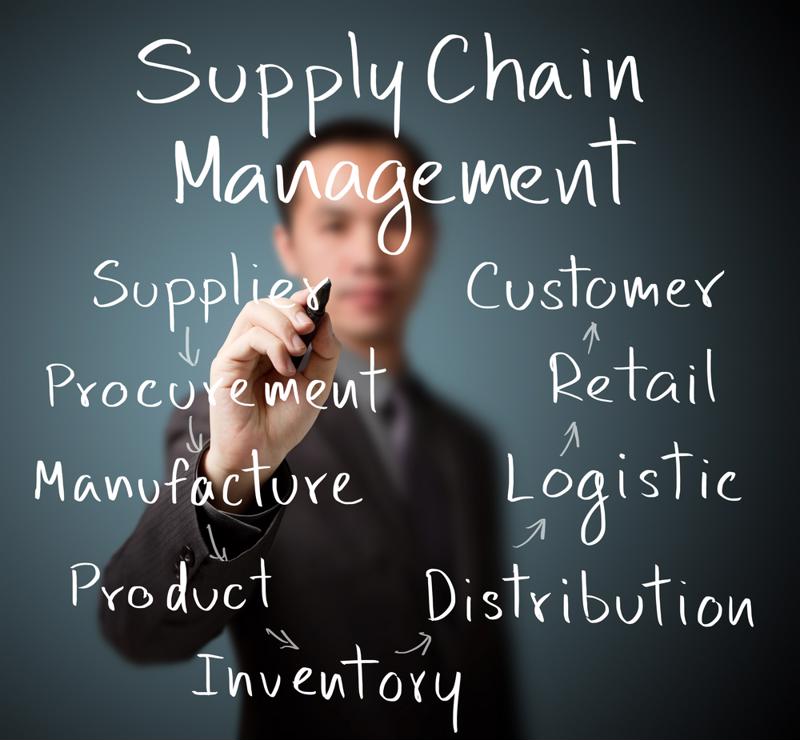For this reason, it's important to ask the right questions when evaluating whether a vendor is worth investing in an alternative to the one you're using now or as a supplement. Here are a few to ask that can help you make a smart choice.
1. Does your potential supplier have suppliers?
Every once in a while, a supplier is the single source for the materials you need. But more often than not, your supplier will also have a supplier. Ideally, however, the vendor you partner with should have multiple suppliers. As noted by Supply Chain Dive, a diversified supplier base ensures that if your supplier runs into issues with one, they can pivot to the other(s) to avoid disruption or delay. Asking about your supplier's supplier may give you ideas for who to contact for your material needs.
2. What will be your total cost of ownership to partner with another supplier?
Total cost of ownership refers to the estimation of overall expenses for developing a given product when factoring in all of the process aspects that go into its creation. This helps to more accurately determine your return on investment. But the same TCO mindset should be applied to obtaining a new supplier. For example, the total cost of ownership isn't just for the end product that you're receiving, but also what goes into ensuring that what you get is actually what you want. Thus, some of the costs associated with determining this can include inspection, transportation, warranty, training, education, scrap costs, labor and more.

3. Is your supplier invested in technological solutions?
Organizations that are using state-of-the-art technology are the ones you want to partner with because it demonstrates that they prioritize convenience and process efficiency. But it's important that they be invested in the right types of technology. Supply Chain Dive says smart tech solutions include automatic order processing, real-time order status monitoring and consignment tracking.
4. Do you and your supplier share common goals?
Of course, your supplier should have a great product, but it's also important for them to be goal-centered. You may be able to determine this by taking a look at their website. In the "About" section, you may be able to find information on their mission, values and core business objectives as they relate to their customers.



Post A Comment:
0 comments so far,add yours